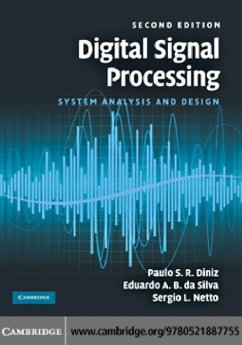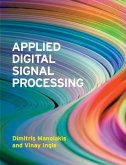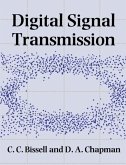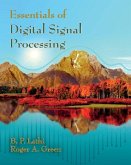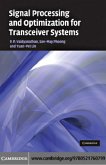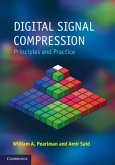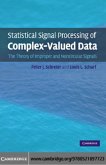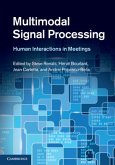This new, fully-revised edition covers all the major topics of digital signal processing (DSP) design and analysis in a single, all-inclusive volume, interweaving theory with real-world examples and design trade-offs. Building on the success of the original, this edition includes new material on random signal processing, a new chapter on spectral estimation, greatly expanded coverage of filter banks and wavelets, and new material on the solution of difference equations. Additional steps in mathematical derivations make them easier to follow, and an important new feature is the do-it-yourself section at the end of each chapter, where readers get hands-on experience of solving practical signal processing problems in a range of MATLAB experiments. With 120 worked examples, 20 case studies, and almost 400 homework exercises, the book is essential reading for anyone taking DSP courses. Its unique blend of theory and real-world practical examples also makes it an ideal reference for practitioners.
Dieser Download kann aus rechtlichen Gründen nur mit Rechnungsadresse in A, B, BG, CY, CZ, D, DK, EW, E, FIN, F, GR, HR, H, IRL, I, LT, L, LR, M, NL, PL, P, R, S, SLO, SK ausgeliefert werden.

